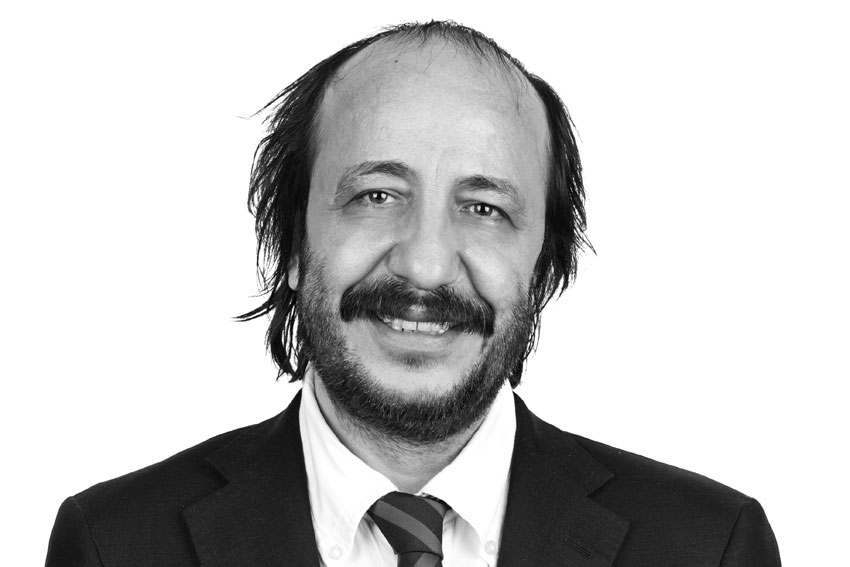Turkey is aiming to more than treble the annual value of its exports by 2023 by transitioning towards high-tech, value-added manufacturing supported by state-sponsored branding and innovation initiatives

Generally Turkey is not known as an industrial country, with people more likely to think of sun, sand, and sea. But as Adnan Dalgakıran, the Chairman of the Turkish Machinery Promotion Group explains, Turkey is in fact an industrial powerhouse. “Turkey’s industrial exports are greater than Russia’s. Our annual exports across all sectors already total $150 billion, and the machinery sector contributes $15 billion to this. Machinery exports are growing more than the average rate of growth in exports across all sectors.”
The country aims to achieve this ambitious goal by making more investments in high value-added manufacturing, particularly high technology intensive products. The production of high value goods has been based around four main pillars: innovation, R&D, branding and design.
Koleksiyon is one of the most innovative firms in Turkish manufacturing at the moment. According to Doruk Malhan, a Senior Board Member, the firm prides itself on “design, originality and quality”, three crucial elements that have helped it to become a world leader in the manufacturing of a vast range of products, from furniture, glass, and porcelain accessories to household rugs and carpets.
Like many other companies, Koleksiyon has benefited from a set of government incentives to stimulate innovation and exports known as ‘Turquality’. The program seeks to support qualified local businesses as they branch into overseas markets to strengthen the Turkish brand. As Burhan Başar the general manager of Kervan Gida, the largest confectionary producer in Turkey, explains, “Turquality supports our activities in foreign markets, and has definitely changed our point of view quite drastically and helped us in the right direction.”
Turkey is making great strides towards the Vision 2023 goals, something which is extraordinary considering the challenges posed by instability in its major export markets – namely the Middle East and Russia. Over the last couple of years, political events and civil conflicts in many of the main Turkish export markets and neighboring countries have had a negative effect on Turkish export performance. Despite all this however, Turkey is steadily proceeding on its course, and although export growth has slowed a little, there is still a steady increment, helping GDP to grow at an average rate of more than 5% for the last 12 years.
Earlier this year, Turkey and the EU agreed to update and expand their 20-year Customs Union, which has been the foundation of a strong and fruitful trade relationship. The EU remains Turkey’s biggest export market, with almost $20 billion worth of sales in the first quarter of 2015. For the EU, Turkey is its sixth-largest market. The strengthening of the Customs Union goes some way towards offsetting Turkey’s concerns about the proposed Transatlantic Trade and Investment Partnership (TTIP) between the US and the EU, which could increase competition for Turkish manufacturers without granting them reciprocal access to the US market.
In addition, Turkey chairs the prestigious G20 summit this year, and has been a key player in global discussions on trade barriers. One of the guiding principles of the G20 this year is inclusiveness, which has both national and international dimensions.
As G20 President, Turkey has given greater importance to B(Business)-20 and the other official engagement groups to ensure a more inclusive discussion on the pertinent issues facing the global economy, including issues related to trade and protectionism. Pointing to its rapid economic development since 2002 and its clear strategy for boosting the value of its exports and trade through innovation, Turkey sees itself as a role model for emerging and developing economies around the world.
However, there is still work to be done to achieve the goals of the G20 and Vision 2023. Turkey was ranked 51st overall in the Open Markets Index (ODI) published in September 2015 by the International Chamber of Commerce. The index assesses countries based on their trade openness, trade policy, FDI openness and trade infrastructure.
But as Orhan Kılıç, Chairman of Kılıç Holding says, “I have 100% confidence that Turkey will develop into one of the world’s most powerful economies and external factors cannot hold us back.”
0 COMMENTS